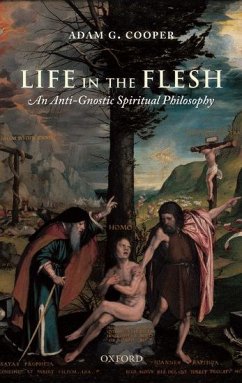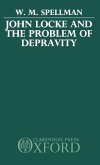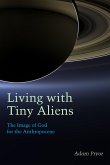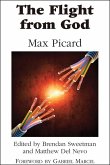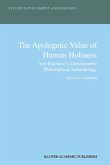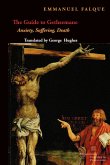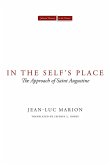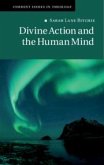Christianity is deeply interested in the body. In its central mysteries -- creation, incarnation, and resurrection -- the body and human flesh are radically implicated. Bodies are persons, and persons are spiritual beings, bearers of the divine image and destined for bodily union with God. From the Bible to the Second Vatican Council, from Irenaeus and Tertullian to Aquinas and Luther, the classic sources of the Christian tradition engender a spiritual philosophy that challenges the ever-present gnostic impulse either to marginalize, or else to worship, the body. Adam G. Cooper brings these rich sources into conversation with numerous contemporary voices in philosophy and theology, offering an illuminating and critical perspective on such pressing social and ethical questions as pornography, feminism, philosophy of mind, sterility, and death.

